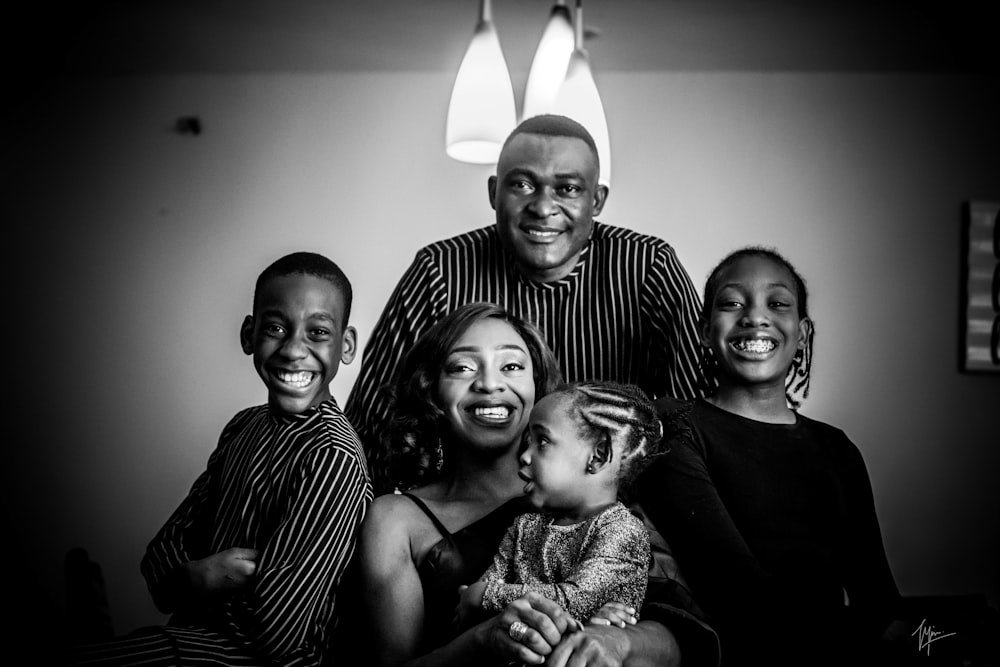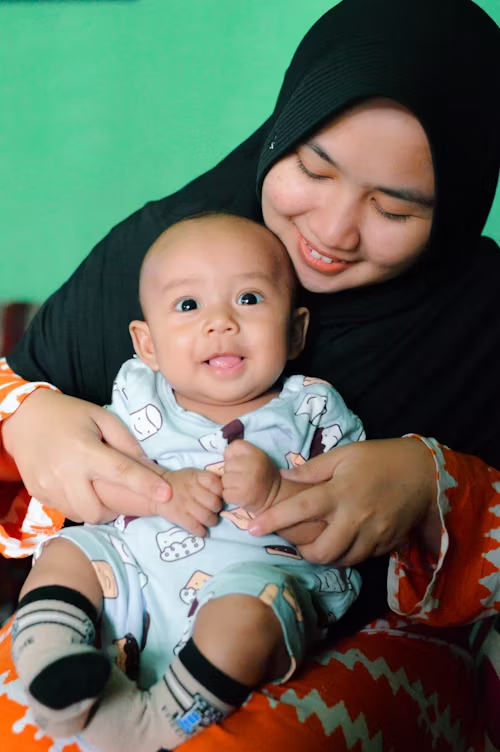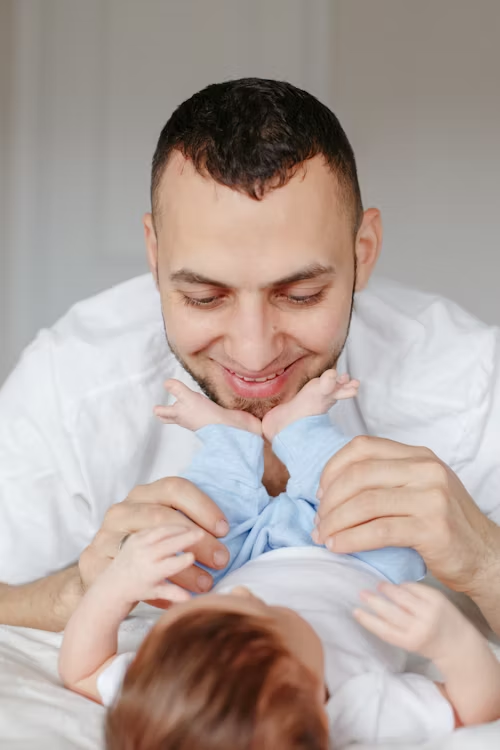The gift of language!

The language you speak with your child is the first language they will learn. It is their first connection to you, to the rest of their family, and to their culture and community.
Home language is what your child will first use to learn about the world around them and helps them get ‘set for life’ – you as their parent are a central part of that process!
More children in the world grow up bilingual or multilingual than monolingual. Having more than one language is something to be celebrated, promoted and supported. As well as this, it has many educational benefits.

Top tips:
Start early
Learning to speak in more than one language comes naturally to babies. Even before your baby is born, all the patterns and rhythms of the languages surrounding them are being stored so that from birth, they are ready to start linking the languages heard and spoken by their carers.
Talking to your child in your most fluent language from the earliest age onwards is helping them to develop a good understanding and use of their home languages.
Talk in your language every day
Children learn best from good language models so speak to your child in your most fluent language every day!
Developing any language takes time and practice for children so use your language when you talk at mealtimes, bath time, about their day at nursery and other daily routines.
Make it fun and involve your family
Learning is always easier when it is enjoyable, so talking in your language while you are playing is a great way to help your child remember key words.
You can also encourage family and friends to talk and play in your language with your child. Remember if family live far away, you can still do this via your phone or online.
Share stories and rhymes
Tell stories and sing songs/nursery rhymes that you remember from your own childhood, or ones that you make up.
Your local library has dual language books that can be borrowed and you can also talk about the pictures in your language.
Be proud
Encourage your child to be proud of their home language, as it is part of their culture and an important link to their family.
Praise your child when they use your language and be proud that you are able to give them this wonderful gift.

To share the significance of talking your home language with your child, we have created this leaflet to explain it further – this has been translated into 20 of the most common languages in Essex. You can view and download your own copy here:
- Arabic
- Bengali
- Bulgarian
- Dari
- English
- French
- Gujarati
- Hungarian
- Italian
- Latvian
- Lithuanian
- Malayman
- Mandarin
- Pashto
- Polish
- Portuguese
- Punjabi
- Romanian
- Russian
- Spanish
- Thai
- Turkish
- Urdu
- Ukraine
FAQ:
If there is more than one language spoken in my home, will my child’s speech and language development be affected?
Research tells us that speaking more than one language benefits children. Hearing more than one language from an early age means that children naturally learn to use all of these languages.
The learning of any language comes from the exposure a child has to that language, so the more they hear a language, the more confident they will be to use it. It is common for children to understand more of a language than they speak.
It is also natural for children to mix languages up when they first learn to talk, and this is just because they have a choice of words to use – they will soon learn which words belong to each language!